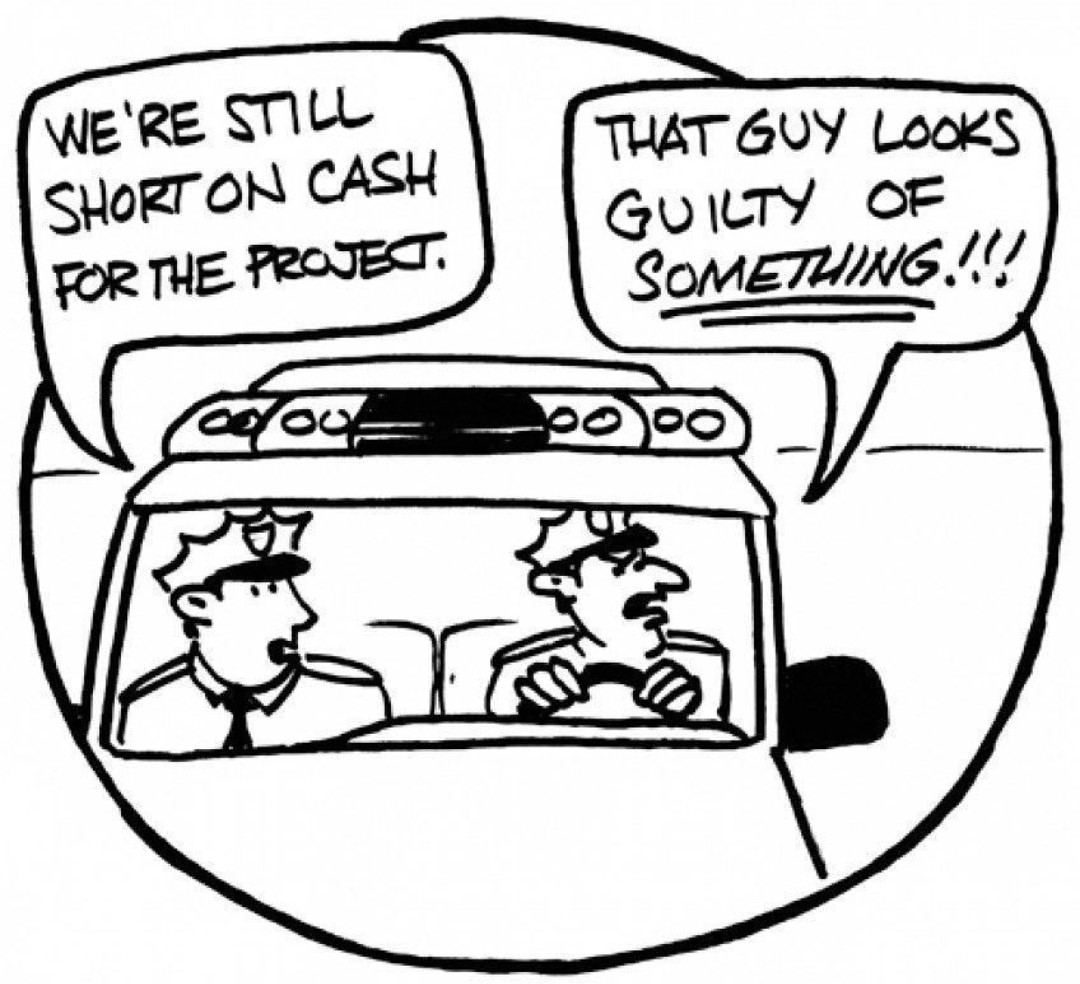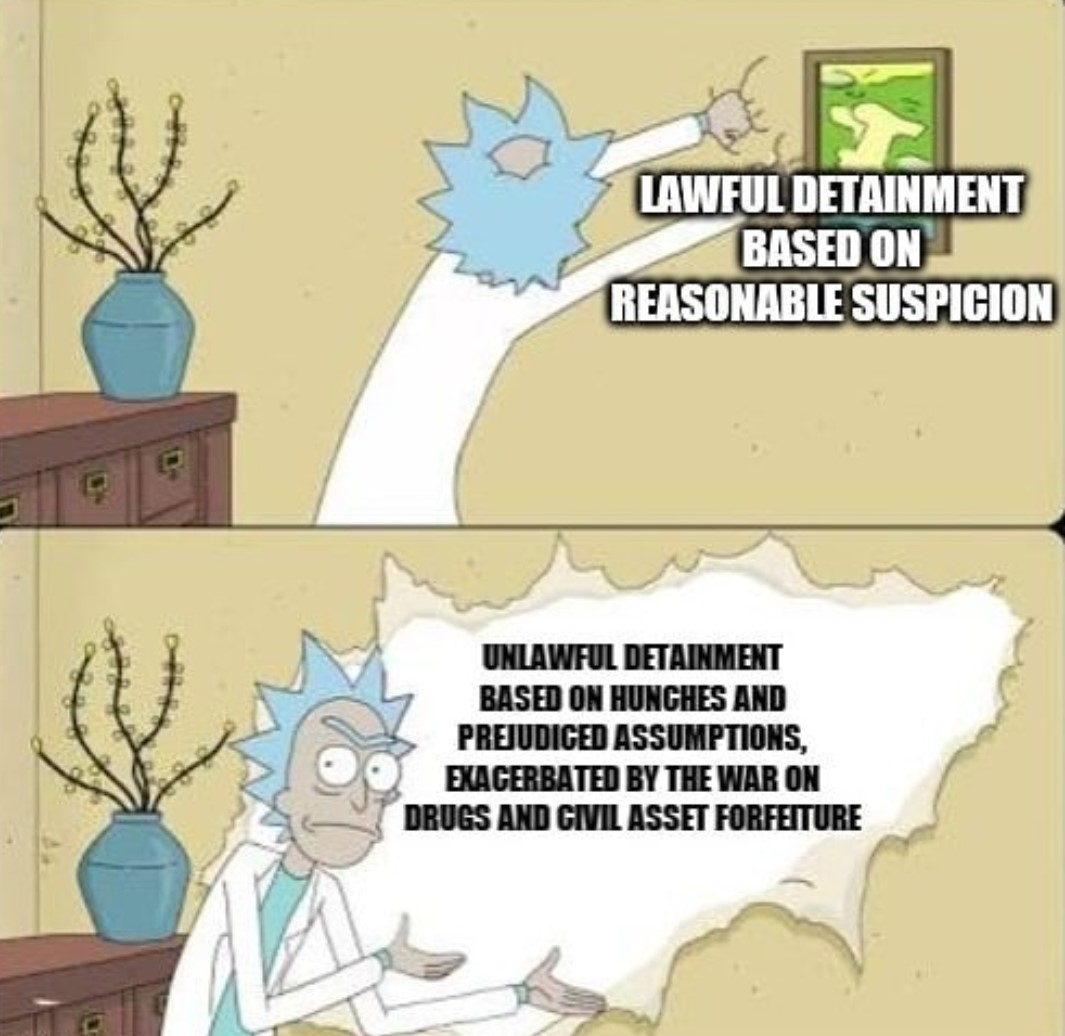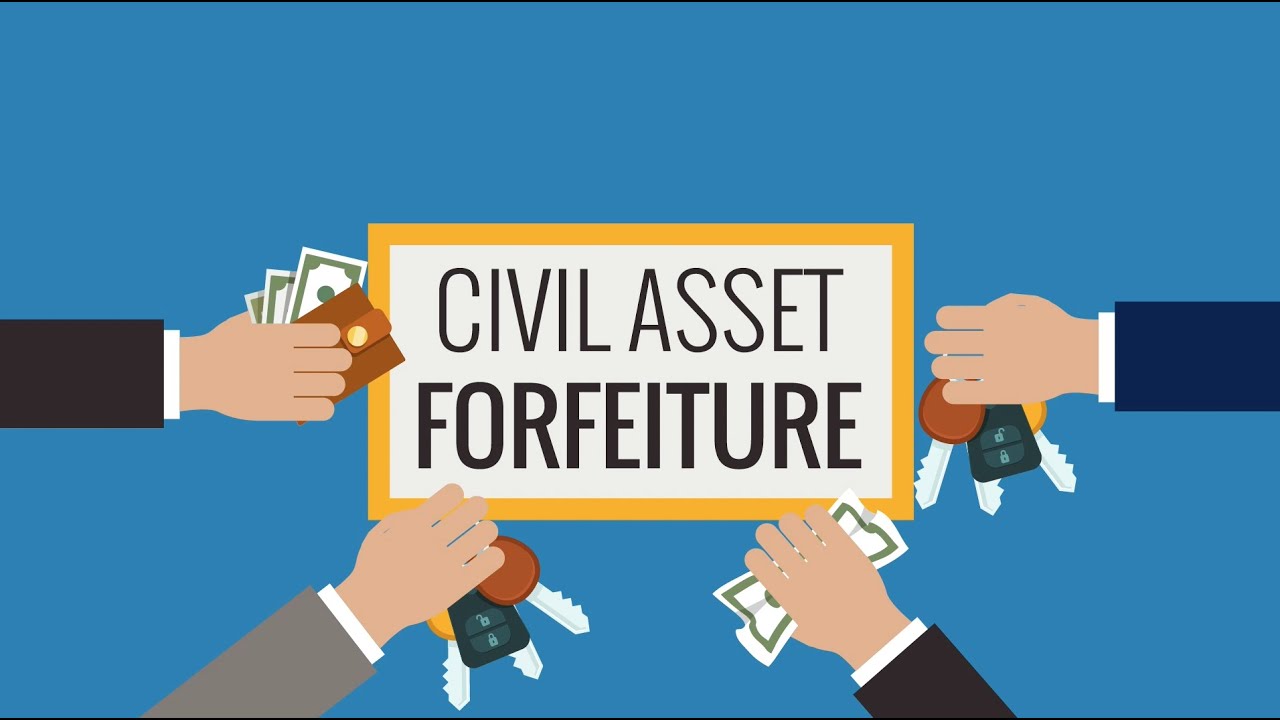Civil asset forfeiture creates perverse incentives that can cost you your property.
Civil asset forfeiture creates perverse incentives that can cost you your property.
By Steven W. Hawkins ContributorAug. 24, 2016, at 2:45 p.m.
U.S. News & World Report
More
Protect property owners.(TRAVELER1116/GETTY STOCK IMAGES)
Did you know that inanimate objects could be found “guilty” in a court of law and ultimately become the property of the state?
Just ask Mark Brewer, a disabled Air Force veteran who was pulled over in Nebraska in November 2011 after changing lanes without signaling on Interstate 80 – a traffic infraction that cost him more than $63,500.
Recommended Videos
Powered by AnyClip
A Lucky Lone Yachtsman Is Rescued in Tough Weather Conditions
Play VideoBrand logo
A Lucky Lone Yachtsman Is Rescued in Tough Weather ConditionsNOW PLAYING
The James Webb Telescope Just Spotted the 4 Oldest Galaxies Ever Discovered
FedEx to Merge Delivery Networks in Cost-Cutting Move
Why Your Car Insurance is Getting More Expensive
New pictures show havoc caused by tornadoes in the US
The deputy sheriff who pulled him over claimed he smelled marijuana and searched Brewer’s car. He found no drugs, but did find two backpacks containing $63,530 in cash, which Brewer said he was taking to California with the intent of using it as a down payment on a home. The deputy seized the cash, claiming drug residue had been detected on the money.
Brewer challenged the seizure in federal court to get his money back, but despite his lack of a criminal record and never being charged with a crime in the case, he lost his lengthy appeal in March 2015 – along with the money.
Under civil asset forfeiture, law enforcement can seize private property in this fashion without a search warrant or an indictment, much less a conviction, based solely on the suspicion that the property has been involved in criminal activity. This is the very opposite of the notion of innocent till proven guilty, which is the basis of this country’s justice system.
A Setback for Justice
Obama’s DOJ is doing criminal justice reform no favors by propping up unfair asset forfeiture laws.
Kevin GlassApril 11, 2016
The Associated Press
Civil asset forfeiture was rightly designed as a tool to combat narcotics traffickers, money launderers and other criminal enterprises by seizing their ill-gotten gains. But because more than three-quarters of the states, along with the federal government, allow law enforcement to keep some or all of the proceeds from civil asset forfeiture, it has created a powerful financial incentive for vigorous pursuit of the practice, particularly in these times of tight budgets. Over time, civil forfeiture has spread far beyond drug kingpins to anyone tangentially related to law-breaking.
To be clear, police departments and prosecutors’ offices should be equipped and fully funded to face the challenges they face each day. Their ability to protect and serve our communities, however, should not be dependent on the arbitrary availability of outside funding but guaranteed through regular appropriations.
In a June 2015 report, “Civil Asset Forfeiture: Grading the States,” the FreedomWorks Foundation decried a disturbing disregard for due process in civil asset forfeiture cases in all but a handful of states. In a separate report, “Guilty Property,” that was issued in the same month, the American Civil Liberties Union found that law enforcement in Pennsylvania takes in roughly $14 million in cash, cars and homes each year using civil asset forfeiture laws. And remember: That’s just one state.
Give Due Process Its Due
Our constitutional guarantee of due process may be irksome to lawmakers pushing for more gun control, but it’s the cornerstone of our liberties.
Peter RoffJune 17, 2016
NEW YORK, NY – JANUARY 21: Participants with One Million Moms for Gun Control, a gun control group formed in the wake of last month’s massacre at a Newtown, Connecticut elementary school, attend a rally and march across the Brooklyn Bridge on January 21, 2013 in New York City. The group marched to City Hall where they held a rally and demanded stricter measures against guns. One Million Moms for Gun Control said the event is inspired by the Rev. Martin Luther King Jr.’s message of nonviolence. (Photo by Spencer Platt/Getty Images)
At the federal level, some $2.5 billion in property and cash has been confiscated in 60,000 civil asset forfeiture seizures over the past 15 years. Worse, about 80 percent of the affected individuals were never charged with a federal crime.
Some percentage of these cases were legitimate to the extent that the property and cash were genuinely connected to criminal activity, but even then, the forfeiture shouldn’t occur until after conviction.
As Brewer’s case attests, civil asset forfeiture all too often ensnares innocent people in a costly and convoluted process of having to prove their property is “not guilty” of involvement in criminal activity. Those whose property has been unfairly forfeited typically have to spend a small fortune in lawyers’ fees in an effort to get it back – and even then with no guarantee of success.
When the cost of legal representation outweighs the value of the property confiscated, victims of civil asset forfeiture typically choose to abandon the property.
Political Cartoons on Congress
View All 292 Images
As such, the need for civil asset forfeiture reform should be self-evident. In recognizing the perverse incentive civil asset forfeiture creates, there’s now growing support for reform from law enforcement at both the state and federal level, and from politicians on both ends of the political spectrum. The U.S. House of Representatives Judiciary Committee showed strong bipartisan support for a civil asset forfeiture reform bill they passed by voice vote this spring, and the bill is now being considered for part of the justice reform package that House Speaker Paul Ryan said he plans to bring to the House floor in September.
Brewer’s case was so heartrendingly egregious, in fact, that his example became a rallying cry for reform of Nebraska’s civil asset forfeiture laws. In April, Gov. Pete Ricketts signed into law a bill that prohibits the state from taking property without a criminal conviction. Nebraska thus joined Montana and New Mexico among the states in the vanguard of righting this legal wrong. A year earlier, in the spring of 2015, those states enacted reforms similarly requiring a criminal conviction before the state or local governments can seize someone’s property.
More states – and the federal government – need to follow the lead of Nebraska, Montana and New Mexico in protecting property owners who haven’t committed any crimes.




![kim-ogg-harris-county-district-attorney-campaign-enlarged[1]](https://rucci.law/wp-content/uploads/2023/12/kim-ogg-harris-county-district-attorney-campaign-enlarged1.jpg)



![GettyImages-859630296[1]](https://rucci.law/wp-content/uploads/2023/12/GettyImages-8596302961.jpg)


